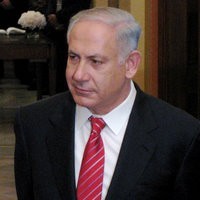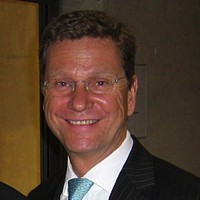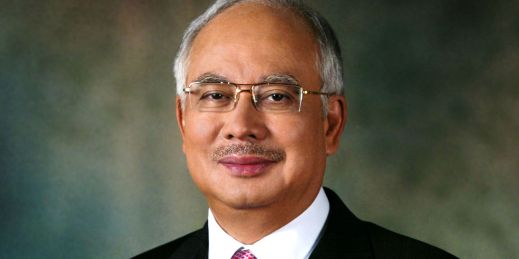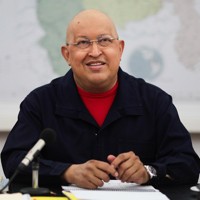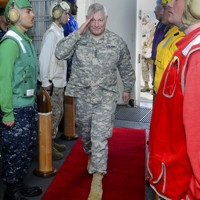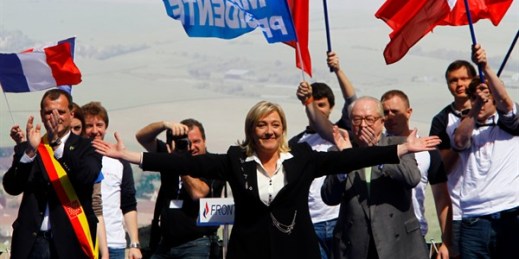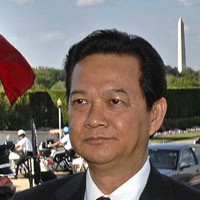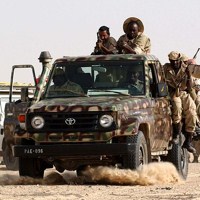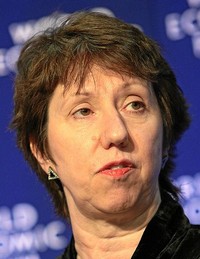
The response to last week’s hostage crisis at the In Amenas gas facility in Algeria perfectly encapsulated the broader relationship between the European Union and Algeria. EU countries, notably France and the U.K., tried to encourage Algeria to consult with them on handling the dramatic events taking place on Algerian territory, but ultimately, the Algerian government acted on its own terms, on the basis of its better intelligence about the situation on the ground. In the end, European leaders acknowledged that, while they would have liked some advance notice, the Algerian army had responded swiftly and appropriately according to its […]

